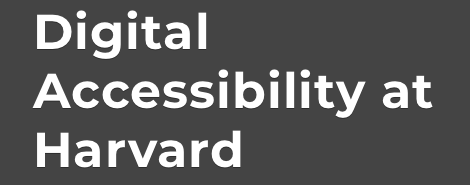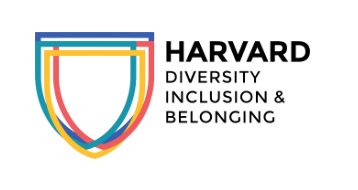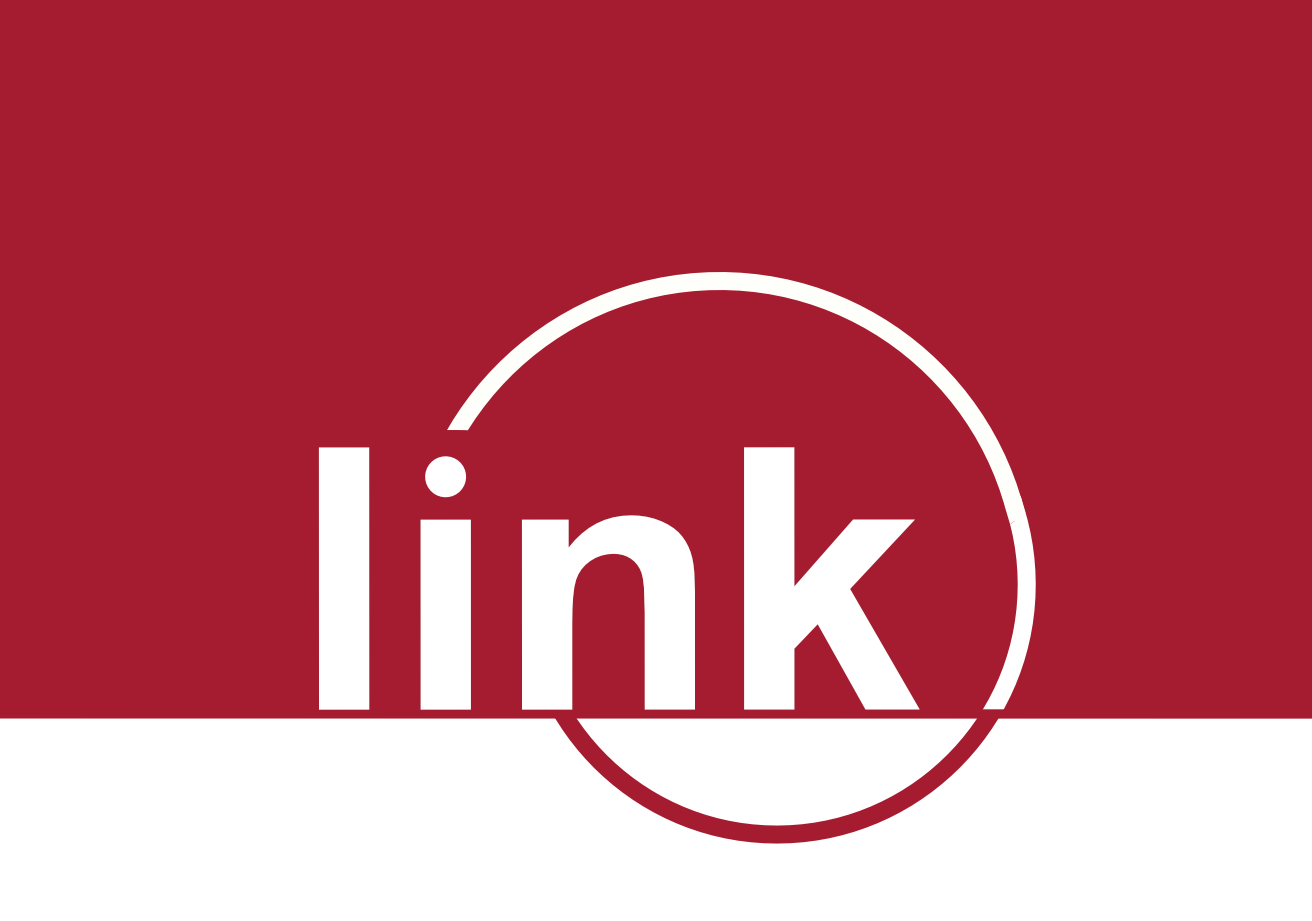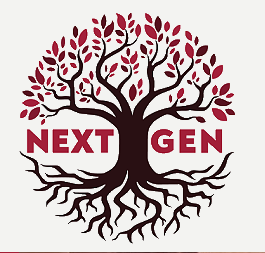HILT Conference 2020
Championing Equitable Instruction and Inclusive Classrooms
Friday, October 16, 2020
A virtual event
Video recordings:
Conference resources:
Approaches to Facilitating Difficult or Charged Conversations
- Breakout session slide deck
- Difficult Conversations Breakout handout
- Resource Guide: Teaching in Times of Strife and Trauma
Equity Principles for Course Design and Community Building
- Inclusion by design: Survey your syllabus
- Creating a Culturally Inclusive Classroom Environment & Self Reflection Questions
- Six ways to be more inclusive in the Classroom
- Eight ways to be more inclusive in your Zoom Teaching
Media coverage
- “I Want to Hear About You” — Harvard Magazine
- “Taking inclusion to the HILT” — Harvard Gazette
Pre- and Post-Conference events:
- How Good Accessibility Practices Enhance Online Teaching (September 30, 2020)
- Next Gen Success = Harvard Success: Inclusive Practices for Supporting First-Gen, Lower-Income Students In and Beyond the Classroom (November 10, 2020)
- Human Bridges in the Study of Race, Religion, Art, and Politics (December 7, 2020)
- How to talk about far-right extremism and disinformation in the classroom (February 9, 2021)
- “I Learn Best When” – Centering Student Voices (April 29, 2021)
University-wide resources:
 |
Digital Accessibility Services (DAS) supports the Harvard community in making sure that everyone has the opportunity to access the university’s knowledge, ideas, and resources. Check out their resources page and a Guide for Utilizing Inclusive Course Design and Principles of Universal Design for Learning in the Creation and Delivery of Online Content. |
 |
Harvard Diversity Inclusion & Belonging works with stakeholders and partners across the University to guide Harvard’s culture toward sustainable inclusive excellence. Visit their resources page for current offerings at the local School and University level. Familiarize yourself with Harvard’s five core values which suggest how each of us can act to create an inclusive culture and invites everyone to embrace these values to strengthen the foundation of inclusion needed for the pursuit of excellence. |
 |
The Global Health Education and Learning Incubator at Harvard University supports interdisciplinary education about world health through the production, curation, and dissemination of educational public goods.
This digital collection curated by the Global Health Education and Learning Incubator at Harvard University brings together evidence-based approaches for building more racially equitable and inclusive undergraduate and graduate classrooms. With particular focus on the public health classroom, the collection includes resources for educators seeking to augment their vocabulary and classroom practice around racial equity, as well as practical strategies designing syllabi, assignments, and other instructional material. |
 |
Link recently developed a new Diversity, Inclusion, and Belonging (DIB) Channel. The channel surfaces relevant news, upcoming events, and related organizations. Harvard faculty, staff, and GSAS students who login with HarvardKey are able to personalize recommendations based on noted interests. |
 |
As part of the Harvard Culture Lab Innovation Fund’s 2020 cohort, the Next Gen Initative utilizes technology to align, consolidate, and enhance institutional support and community building pathways for all Harvard undergraduate and graduate students who are the first in their families to pursue a degree in the U.S. and/or are from underresourced or underserved backgrounds. Whilte there is no universal Next Gen student experience across Harvard, there are shared challenges, needs, and areas of opportunity that can be addressed through the innovative retooling of existing Harvard resources and services. As a starting point, this initiative created three helpful resources that instructors and academic professional staff can use to integrate into classroom pedagogy. Watch this video for an introduction to their resources. |
 |
Teachly is a web application that strives to make higher education classrooms both more inclusive and more effective by providing faculty a window into their teaching that they would otherwise not have. Teachly creates increasingly personalized learning experiences for students by making data readily available to faculty and their teaching teams.
Data are critical to Teachly’s mission — data about students, about faculty teaching habits, and about in-class interactions. Teachly lowers the barriers to use data by bringing the data faculty need into one place to help faculty take more immediate action in the classroom. Teachly has 3 key features:
Watch a short video about Teachly or this video that describes how to use Teachly. |
Also see “Building Inclusive Virtual Classrooms: Using the Four Cs Model to Encourage Tough Yet Necessary Discussions Among Student” by Alexandra Sedlovskaya








